19 Jun How to appreciate your own photographic work and stop comparing to others

Have you ever had that feeling, that your own photographic work falls flat in comparison to others?
Do you know that nagging feeling, when you doubt your own skills and ask yourself if your work really lives up to your own expectations?
That is a feeling most probably every photographer (and artists, yes, probably everyone in various parts of their lives) has experienced in his development.
Self-doubt is a very characteristic symptom in creative processes – and can sometimes even be helpful for improving on yourself.
How can we find our own way in a world of constantly comparing ourselves or being compared to others?
How can we get back our self-confidence and become resilient at the same time?
A potential problem: creative challenges in macro photography
In addition to the mentioned underappreciation caused by comparison, there are also technical and creative factors, that can lead to doubting your own work.
To illustrate that, let me give you an example of how my own macro photography has changed and evolved over time.
And believe me, i have compared my work a lot – too often, to be honest.
This has brought me to struggle with appreciating my photos a lot, too, as a result.
Technical advancement
When i first discovered the fascinating details of the tiny world, i was happy about every improvement i could see in my photos.
I wanted to get closer and i wanted to improve the quality of the photos, meaning increase sharpness as much as possible.
This involved a lot of reading, learning and experimenting.
The learning curve was steep.
My focus was more on technical improvements, rather than on creativity.
Finding perfect lighting of the macro scenes was probably the most important aspect and also what increased the quality of my photos the most over time.
I started to look for influences and searched the internet and social media in particular, for examples of good macro photography, to see what was possible.
Since i was a beginner, comparing myself was not a big deal and it did not hurt my self-confidence at all.
It was rather the opposite: searching and comparing had a positive and encouraging effect.
However, whenever i reached a new technical goal and became confident with my work, i started looking for the next step.
This left me unsatisfied with the level i just mastered – which might sound stupid – but it was like that.
The newly gained satisfaction was blown away rather quickly.
Creative evolution
Looking at the creative side of my macro photography, it was similar.
After becoming confident with a certain style, i felt limited within this ‘bubble’ and tried escaping it.
While at first the technical side of my macro photography was the most important for me, as soon as i knew what i was doing i started developing my own style.
Intimate insect & spider portraits at high magnification with colorful background (mostly natural ones) have been my signature style from the beginning, but at a certain point i felt like i needed a new challenge and wanted to diversify further and distinguish myself from others.
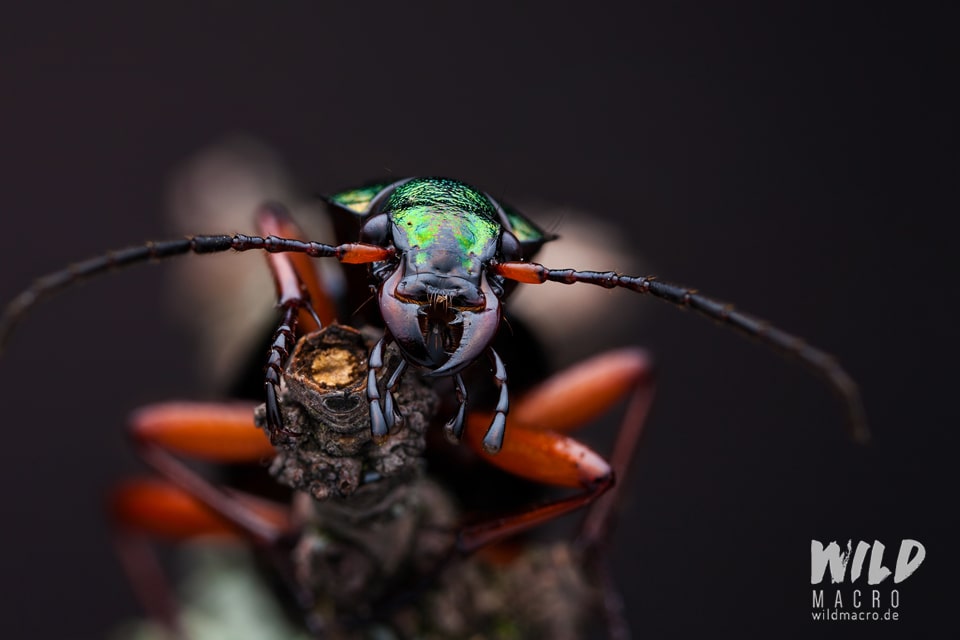
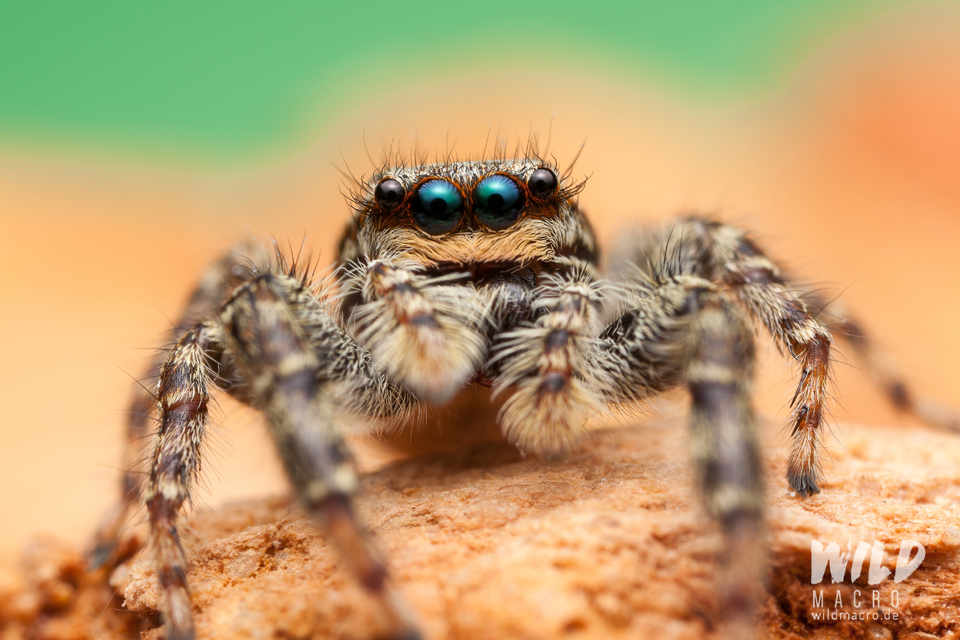
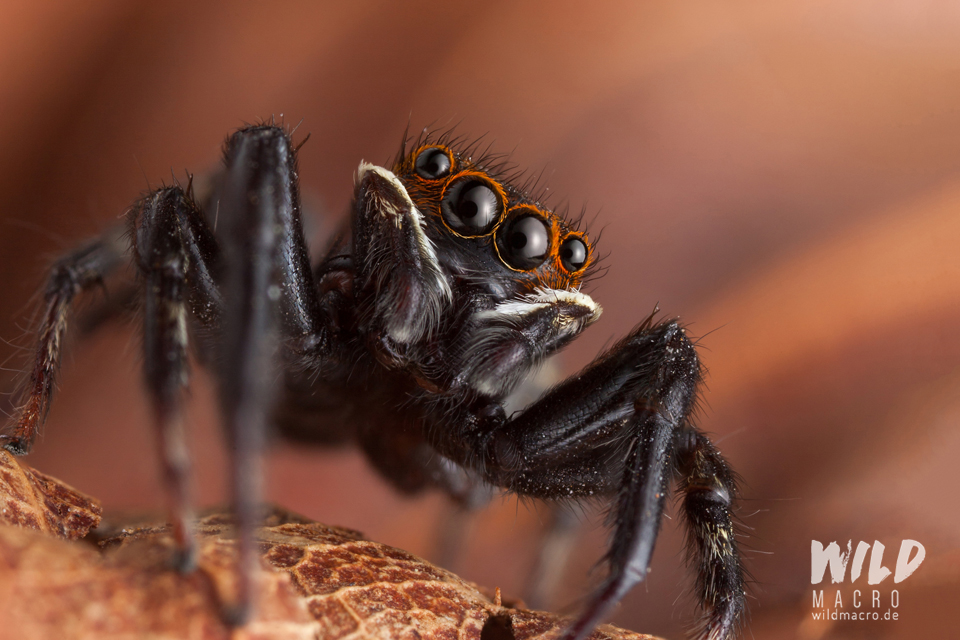
My images became wider, when i focused more on a naturalist & citizen scientist approach – composition was my individual touch to differentiate my work from other naturalistic documentations.
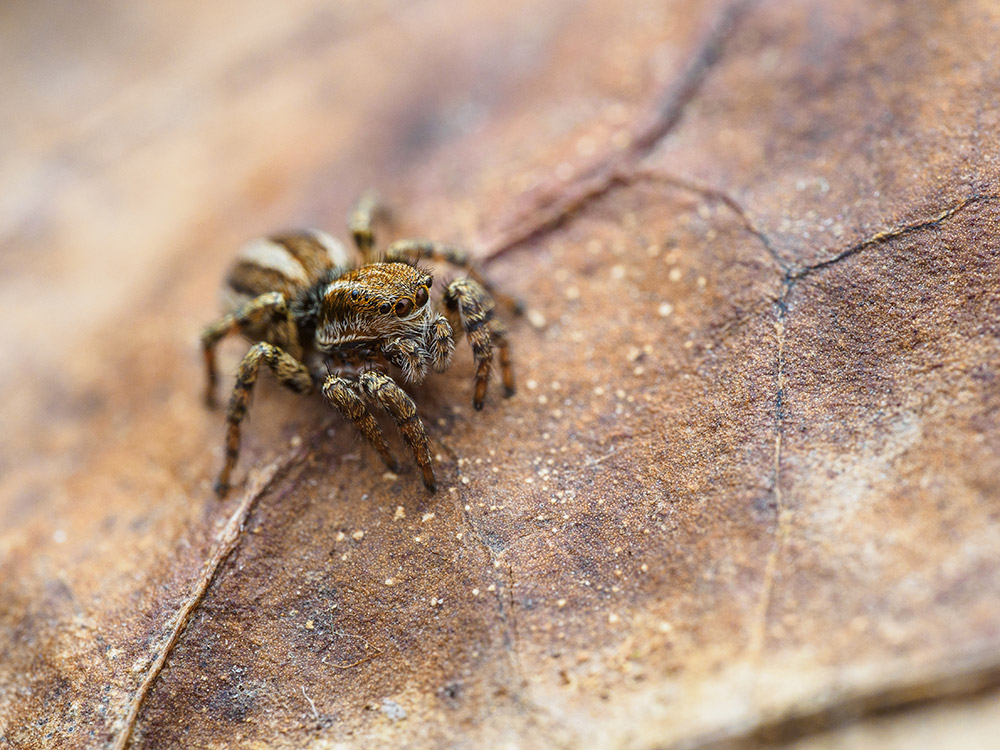
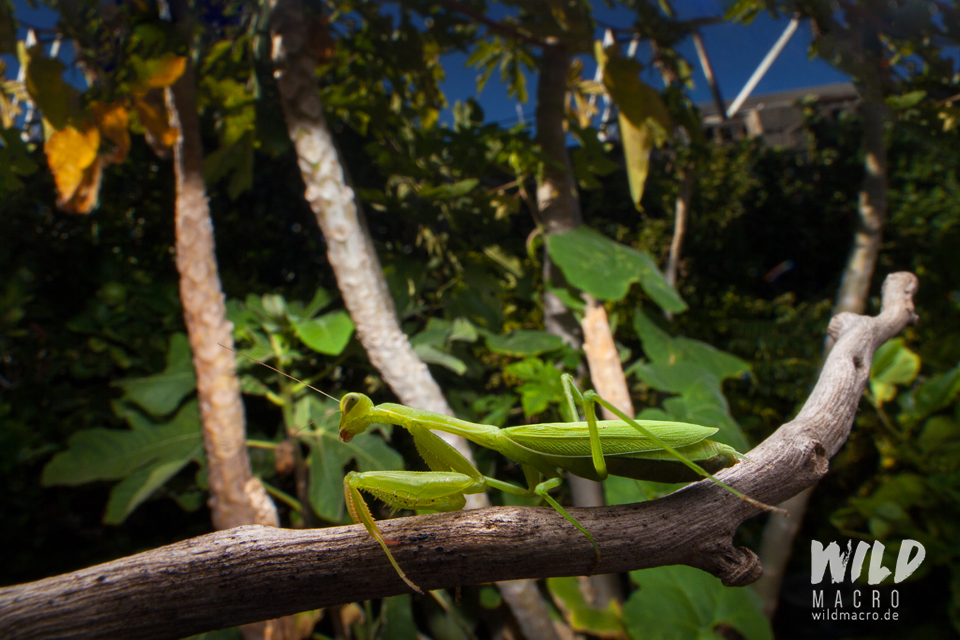
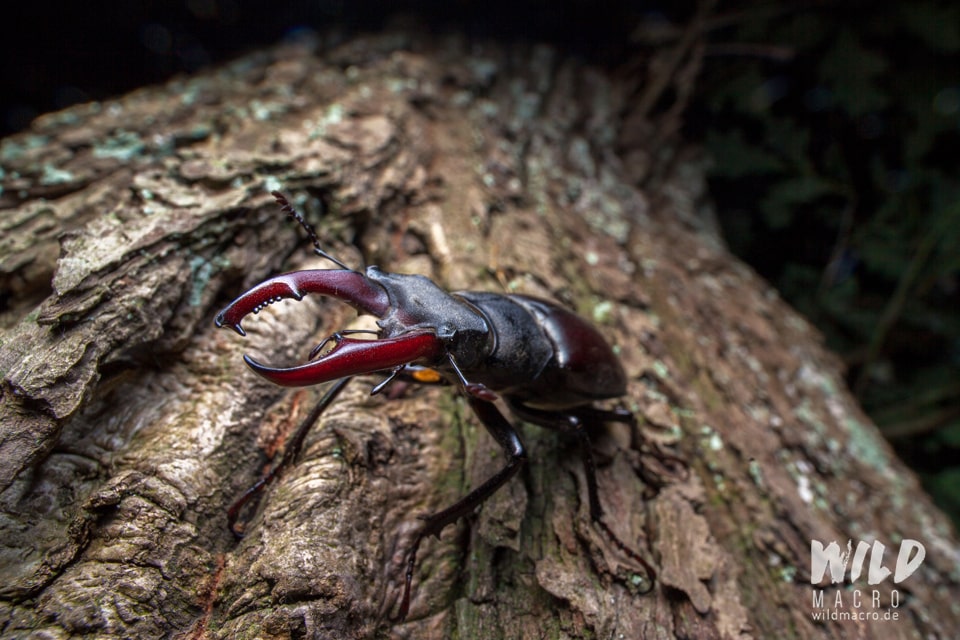
Ultimately I am now focusing on behavioral images and look for interaction and dynamic scenes, rather than for portraits (which i still like and photograph though and will always enjoy!)
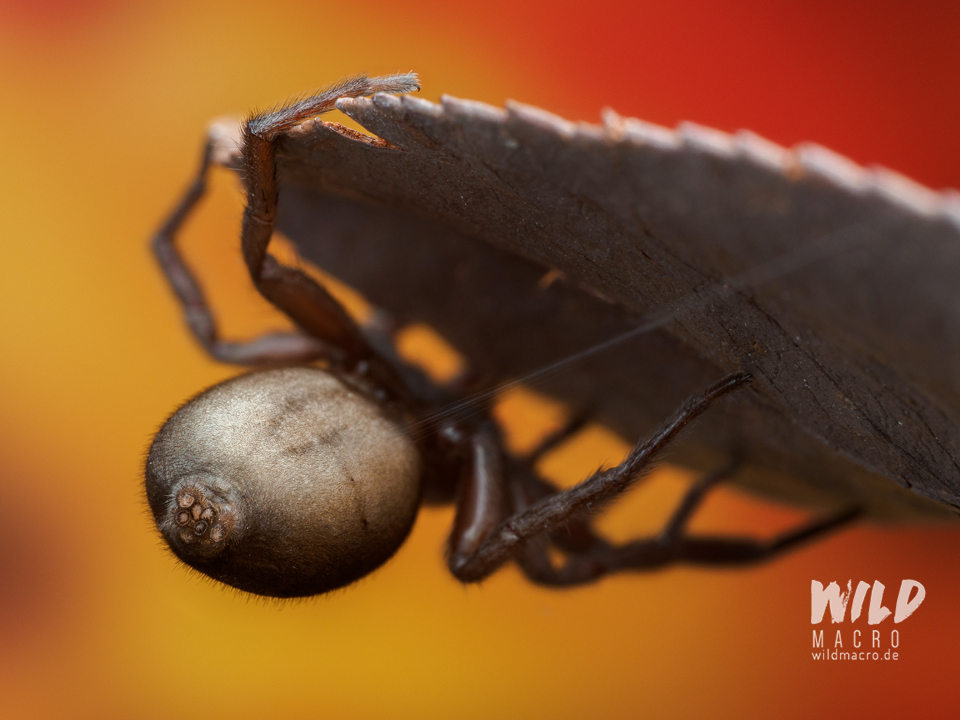

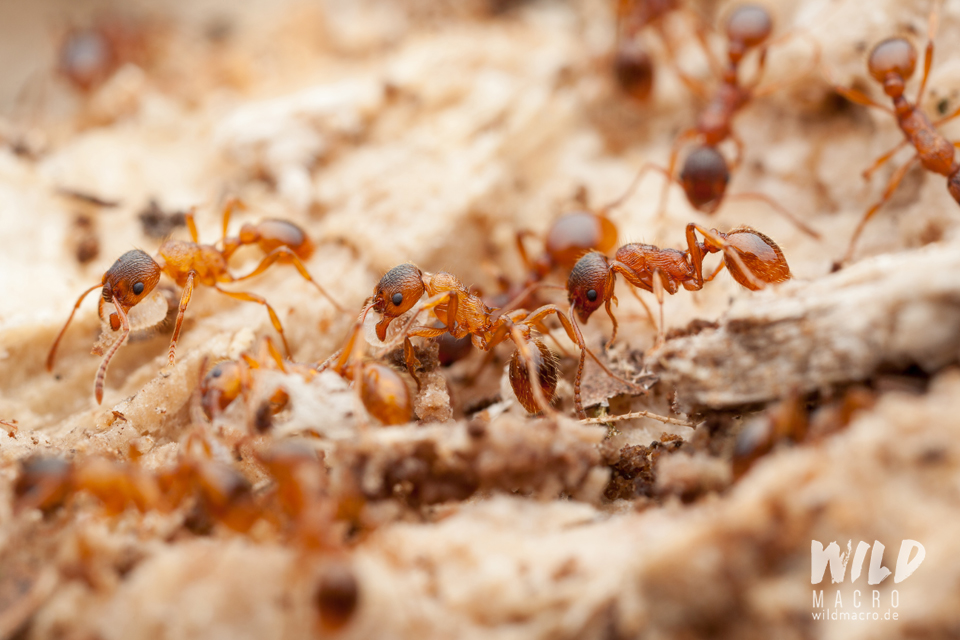
The things we enjoy the most, when looking at our own images, is often very different from what others like and appreciate.
Do we stick to what we enjoy the most, or do we adapt our focus following what others would like to see us doing?
Both can lead to feeling pressured and uncomfortable.
Personally, I decided to focus on my personal approach to macro photography and not feel pressured by potential beholders.
Instead of sticking to a specific style, i now mix whatever fits the motif.
This helped me become more confident with my own work and myself.
Social media and the age of comparison
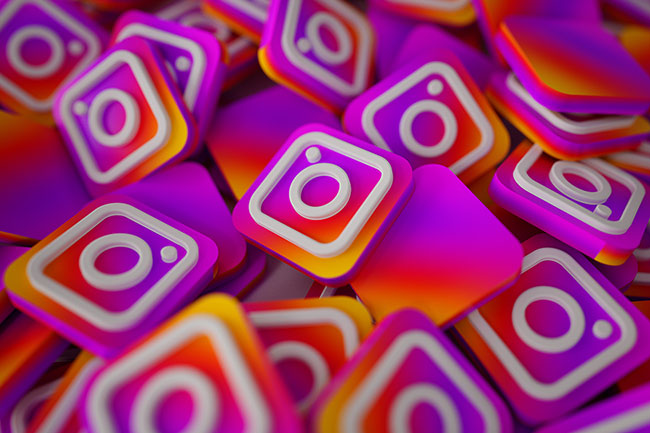
Some core aspects of social media are (pseudo-)social interaction, competition and constant comparison.
When i was studying communication sciences, heavily influenced by social sciences, I did read a lot about these mechanisms and even researched them in research projects.
In my opinion, social media can be very toxic for various reasons and in various situations.
If we look at photography, and macro photography, too, as a form of art and expression – we have a very fertile playground for lots of criticism, comparison and competition.
Comparison is encouraged by these platforms, as it increases the time the various apps and services are used.
It deepens the connection between user and app – with both positive and also negative aspects and effects coming with it.
The process of improvement
Nobody is perfect and – more importantly – nobody was perfect from the beginning.
Seeing your work as a constant process might considerably help reflecting on your photos.
The simple discovery of a new approach or addition of a piece of gear or new technique can mean a quantum leap in quality sometimes.
To illustrate this, let me share a handful of photos that show different stages of my macro-photographic development.
In the first years the quality varied a lot, even within the same year and was often dependant on subject (size, movement), setup, and most importantly the lighting.
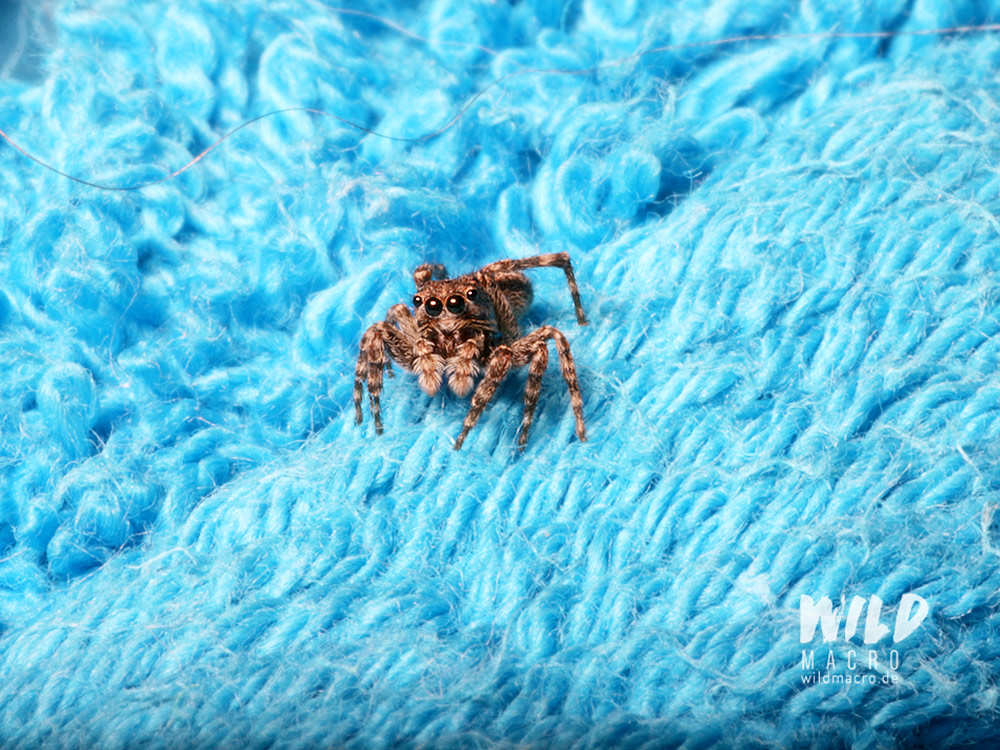
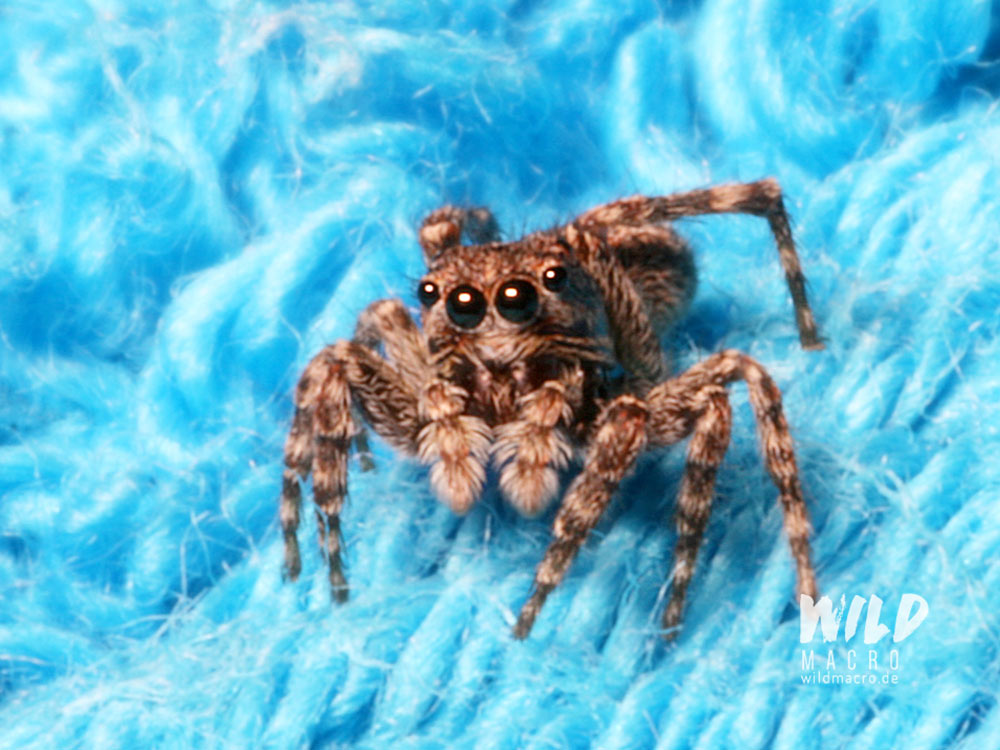
In 2011 i found a Jumping spider in my bathroom and curiously tried out my 90mm macro lens for the first time for actual macro. Before, i only used it as a super sharp portrait lens.
This started my journey to discover as much of the tiny world as possible.
The following photos were taken (from left to right, top to bottom):
2013, 2013
2013, 2014
2015,2016
2018, 2018
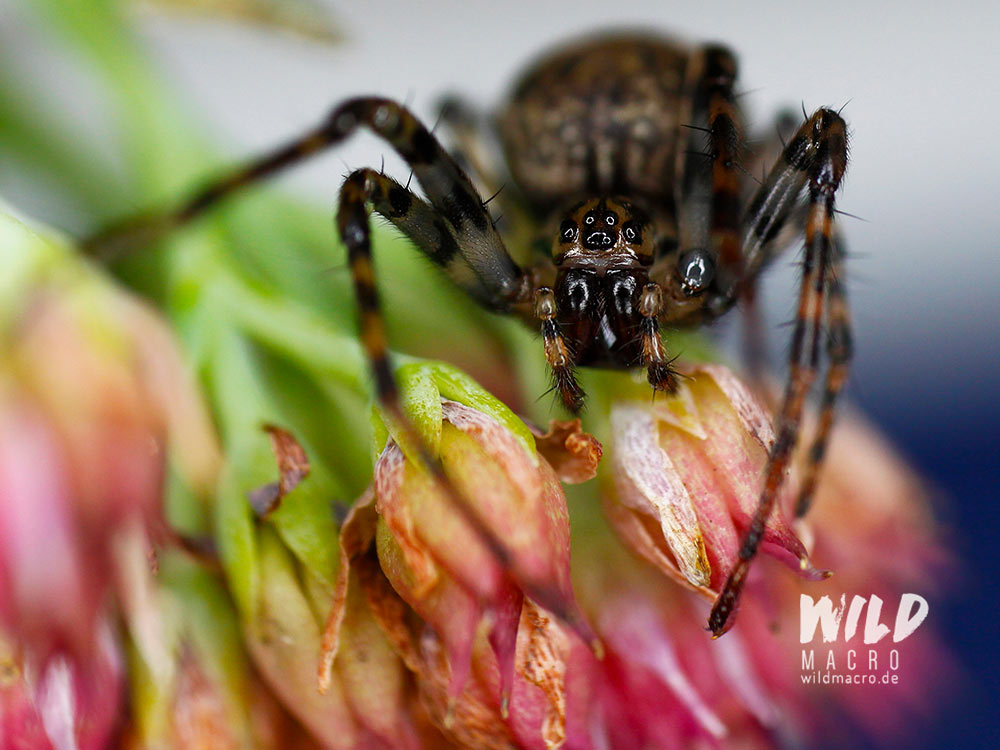


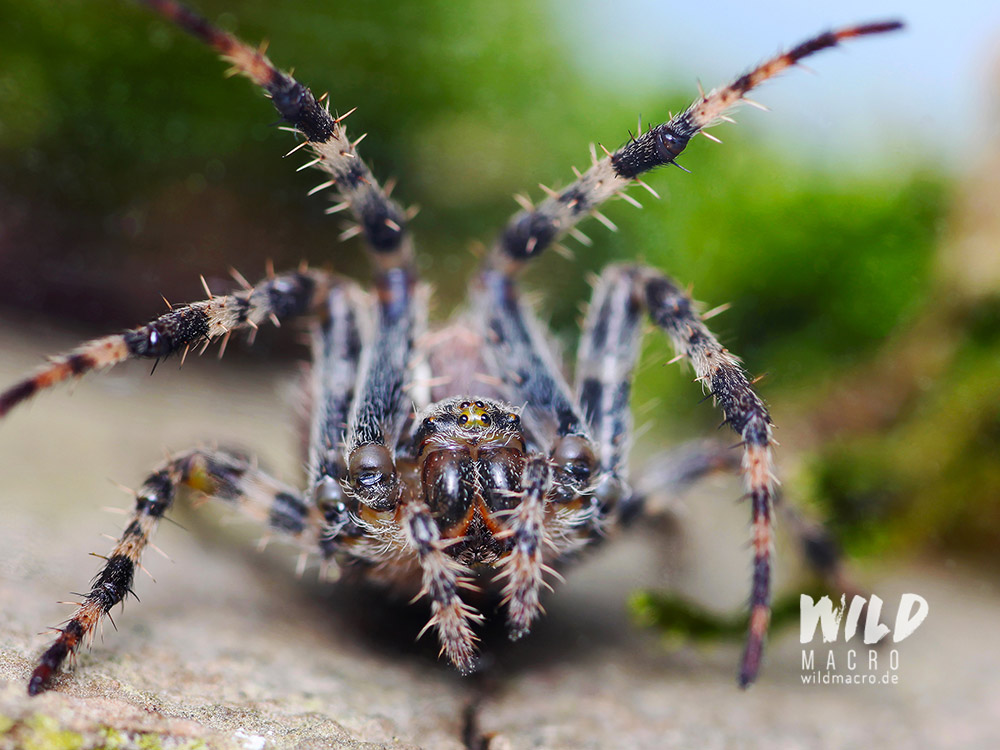


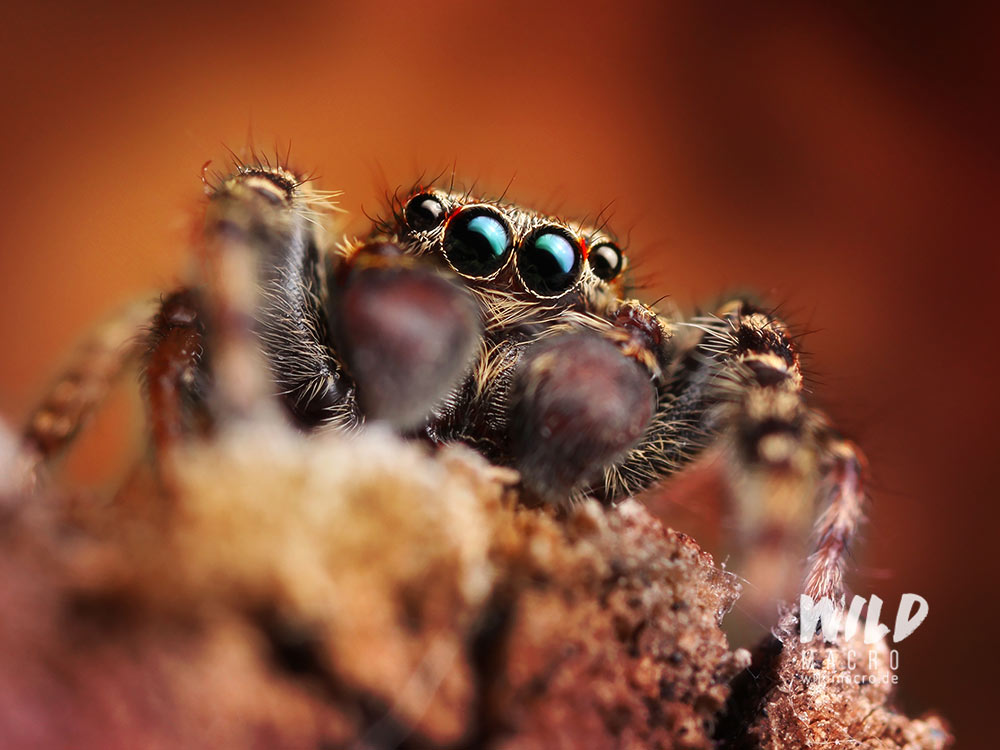

Everyone shows off their best work only
On social media it is absolutely natural, that everyone is only showing their best work.
When browsing other´s photos, what you will rarely see, if ever, is the many out-of-focus shots, the many failed attempts.
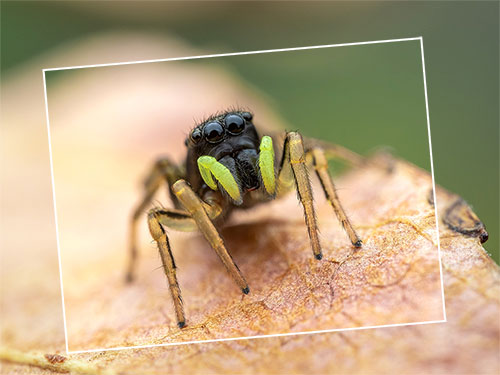
Keep that in mind, as it puts in perspective how many ‘not-so-great-shots’ there are in relation to the so called ‘money shots’ you will enconter on social media.
Often you will not know, if a photo you see has been cropped, which would be necessary to evaluate the mafification or challenges regarding the situation in which a photo was taken.
You may ask yourself how another photographer got so close to his motif, when actually it was an extreme crop, for example.
Here are some example photos that could have been great but unfortunately got ruined by subjects´s movement, or misfocus.
They still serve an educational purpose, but i would not include them in my galleries.
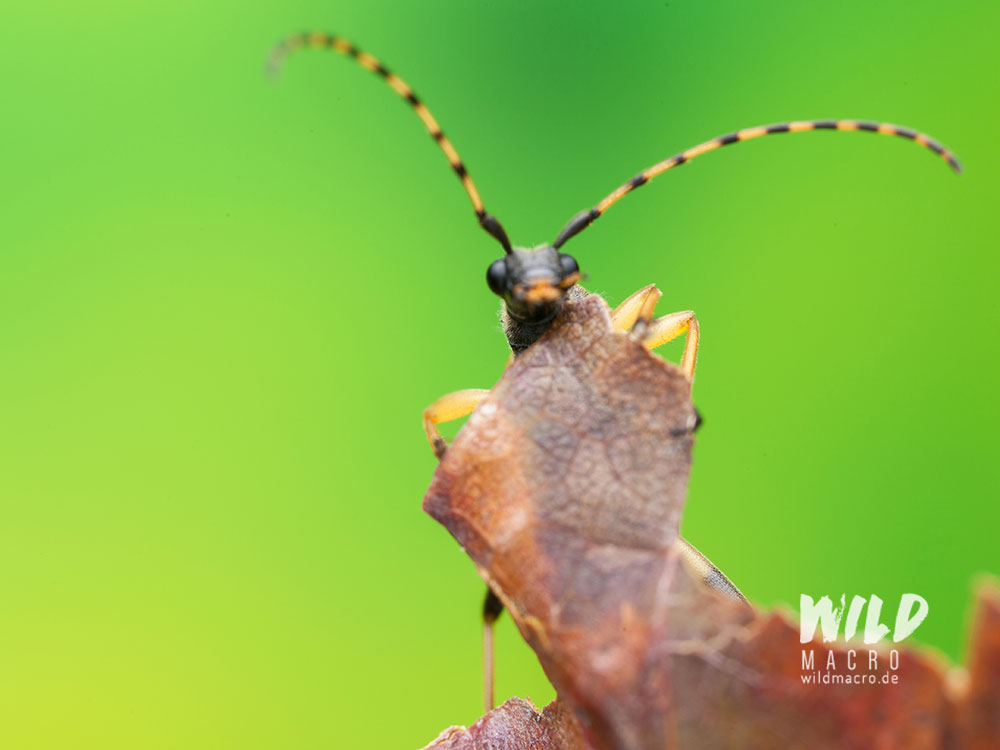
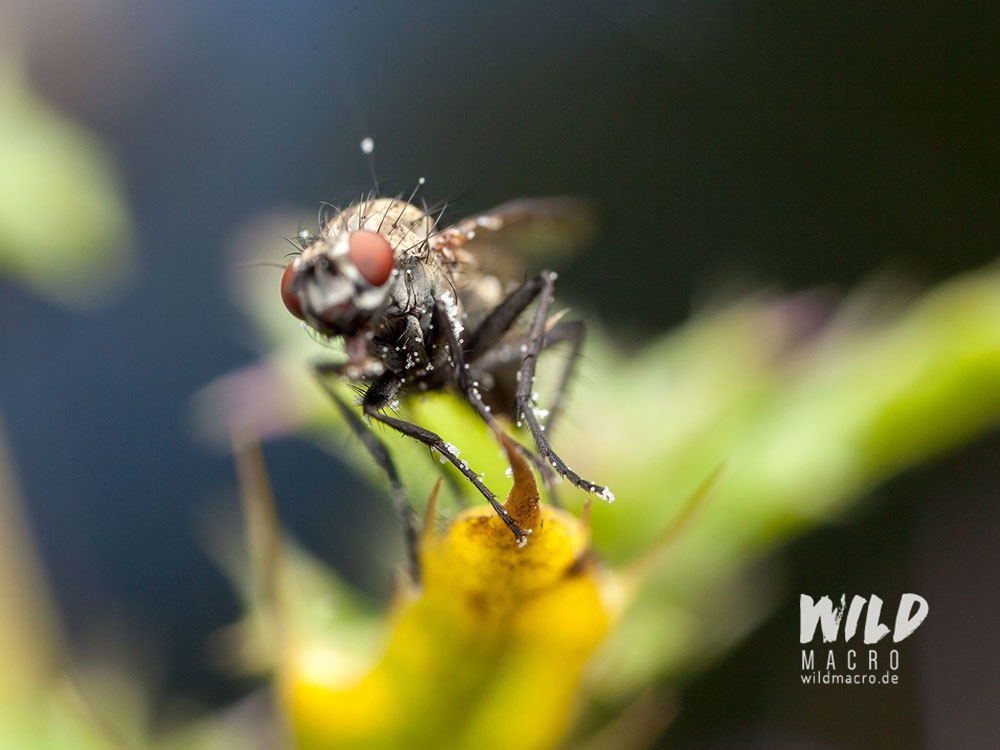
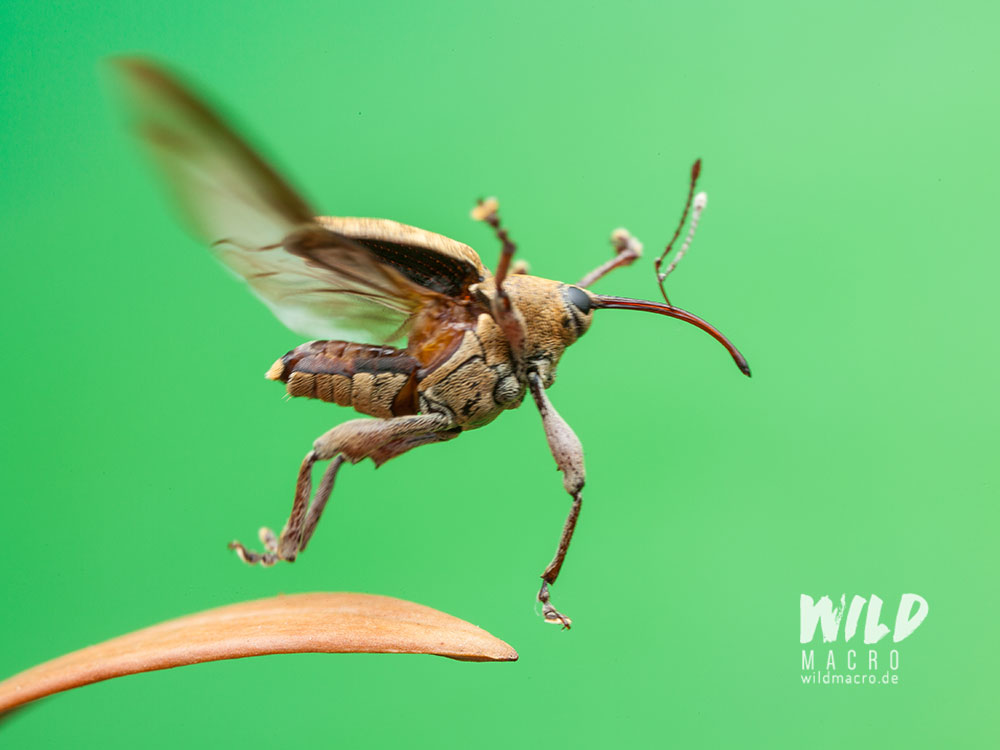
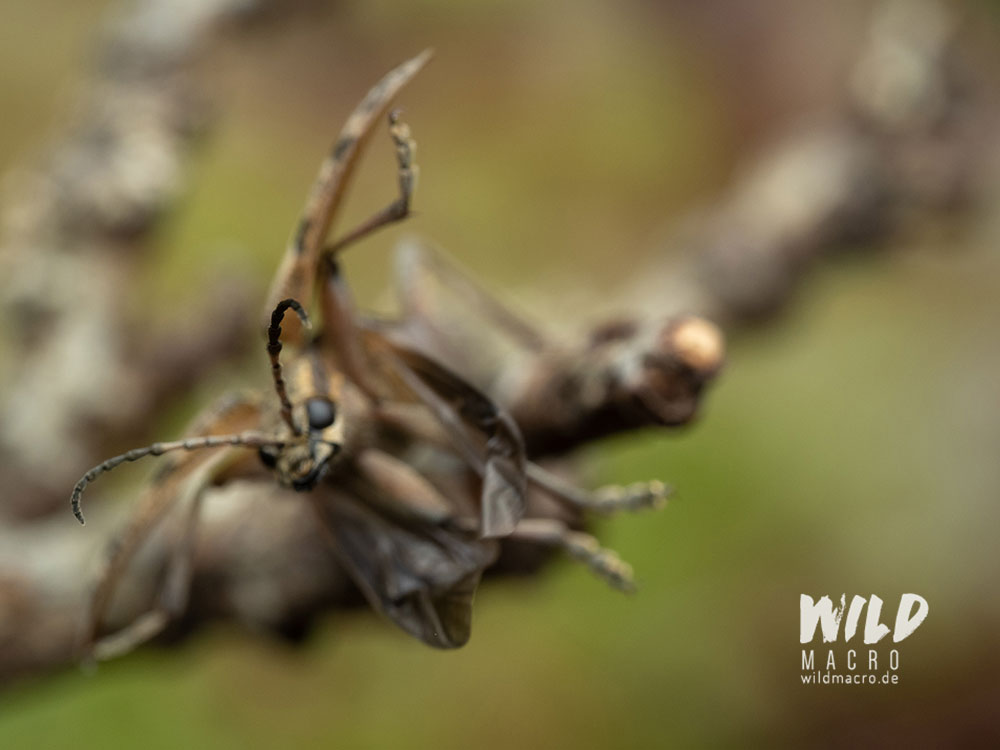


How to get rid of the self-doubt and the urge to compare yourself
One big cause for self-doubt is the comparison with the work of others.
Firstly, it is completely natural to compare, as it helps to position and assess the quality and state of our own work.
However, we often lack additional, essential pieces of information about others´ work.
Placing our work in relation to what we see and know of others, is rarely truly possible.
If you see impressive work that makes you doubt the quality of your own work, try to think about the potential learning curve and experience involved, to see where the other one is at currently.
It might very well be, that there is a huge difference in many aspects like experience, equipment, personal approach, availability of subjects and many, many more.
This results in difficulties, when it comes to a direct comparison.
As we will see in the conclusion, comparison is not a bad thing per se, but we have to be aware of what we compare with and how it affects us and our understanding of our skills and own work.
The public / viewers
Ask yourself who it is, that is viewing and maybe critizising your work, that make you feel underappreciated – if it is not you yourself.
Does this public have the knowledge to really understand your work?
Are these opinions of people you care for, or anonymous users you will hardly interact with a second time?
Social media detox
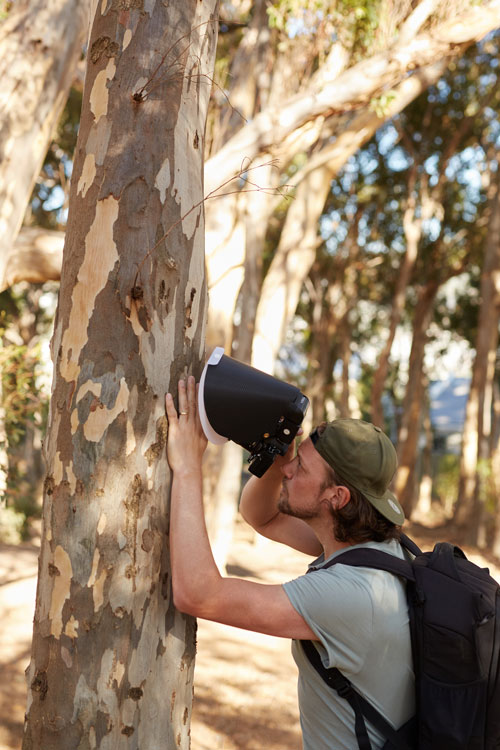
Sometimes pulling back and changing perspective is a smart approach.
While it will not solve the general problems laid out so far, when it comes to being in the open field on social media, it can be vital to reload your batteries, relax and geta bit of distance.
Social media detox means pausing all activities on social media, both actively and passively.
The pause on the consuming side is even more important, than pausing your active work towards social media.
Also you will realize that when you stop consuming and comparing, you will probably instantly feel less stressed and under pressure.
This in reversal will have you realize that your ‘problem’ is most probably not your own work, but the interaction around it.
While social media is only one of many factors that may cause self-doubt, the understanding of the mechanisms behind it can definitely ease the ‘symptoms’.
Define yourself and your photography
Sometimes we struggle meeting our own expectations when it comes to our work.
Very often though, we have not defined these expectations in the first place – they are a nebulous mass, that is very easy to ‘hit’.
Defining your approach and style of photography may help a lot to get a clear image of what it is, that your very own photography stands for.
It carves a clear motif out of the mentioned nebulous mass and takes away a lot of fertile ground for self-doubt and criticism.
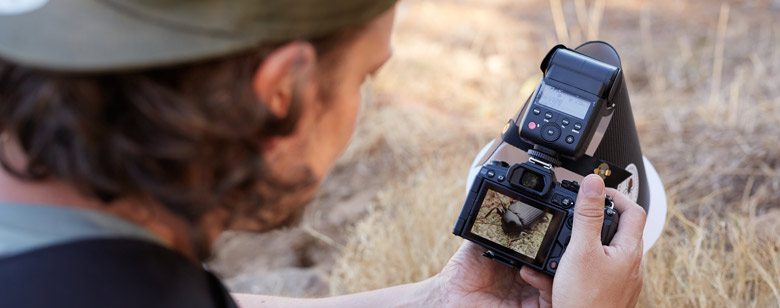
Conclusion
We can not stop others from comparing our work, as this is a passive aspect for us.
We can, to a degree though, stop actively comparing ourselves to others – and to their work.
Sacrificing the passion and fun while photographing, for the hunt for success and through the competition created by constantly comparing to others, sounds like a very bad deal.
While professionalizing your photography can be a goal, it can also be beneficial to stop looking left and right and focus more on your personal approach.
Because this is, what your photography is: personal.
Enjoy it and get rid of too much pressure!



Matthias Schulte
Posted at 21:06h, 19 JuneMoin Chris,
an einigen Stellen Deines Textes (deiner Überlegungen) musste ich schon schmunzeln und hatte das Gefühl in einen Spiegel zu schauen 😉🙋♂️
Beste Grüße Matthias
wildmacro-chris
Posted at 13:25h, 16 AugustDeinen Kommentar hatte ich ganz übersehen Matthias 😉 Danke dafür. Und ja, ich denke der ein oder andere Fall trifft uns alle mal – früher oder später 🙂
Jason Ogbourne
Posted at 02:12h, 21 MayWell said Chris. I’m always in a battle with my self confidence. It’s definitely the curse of anything creative 😂
wildmacro-chris
Posted at 08:05h, 21 MayThanks for your feedback Jason – yah, it can be a real struggle 😉 a fight fought daily